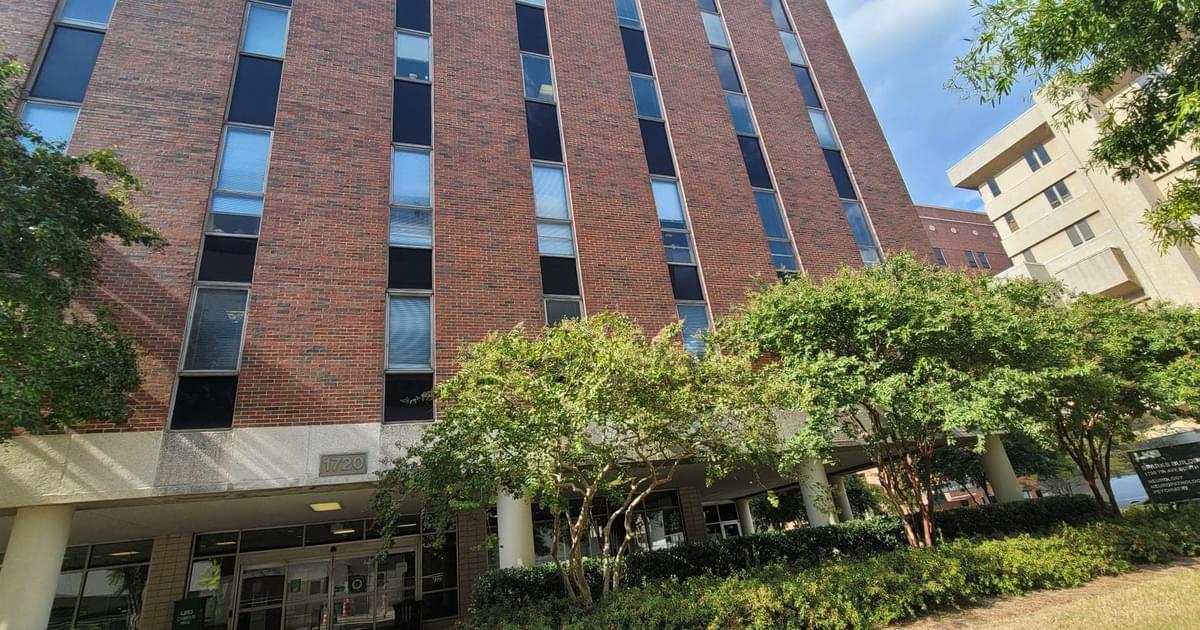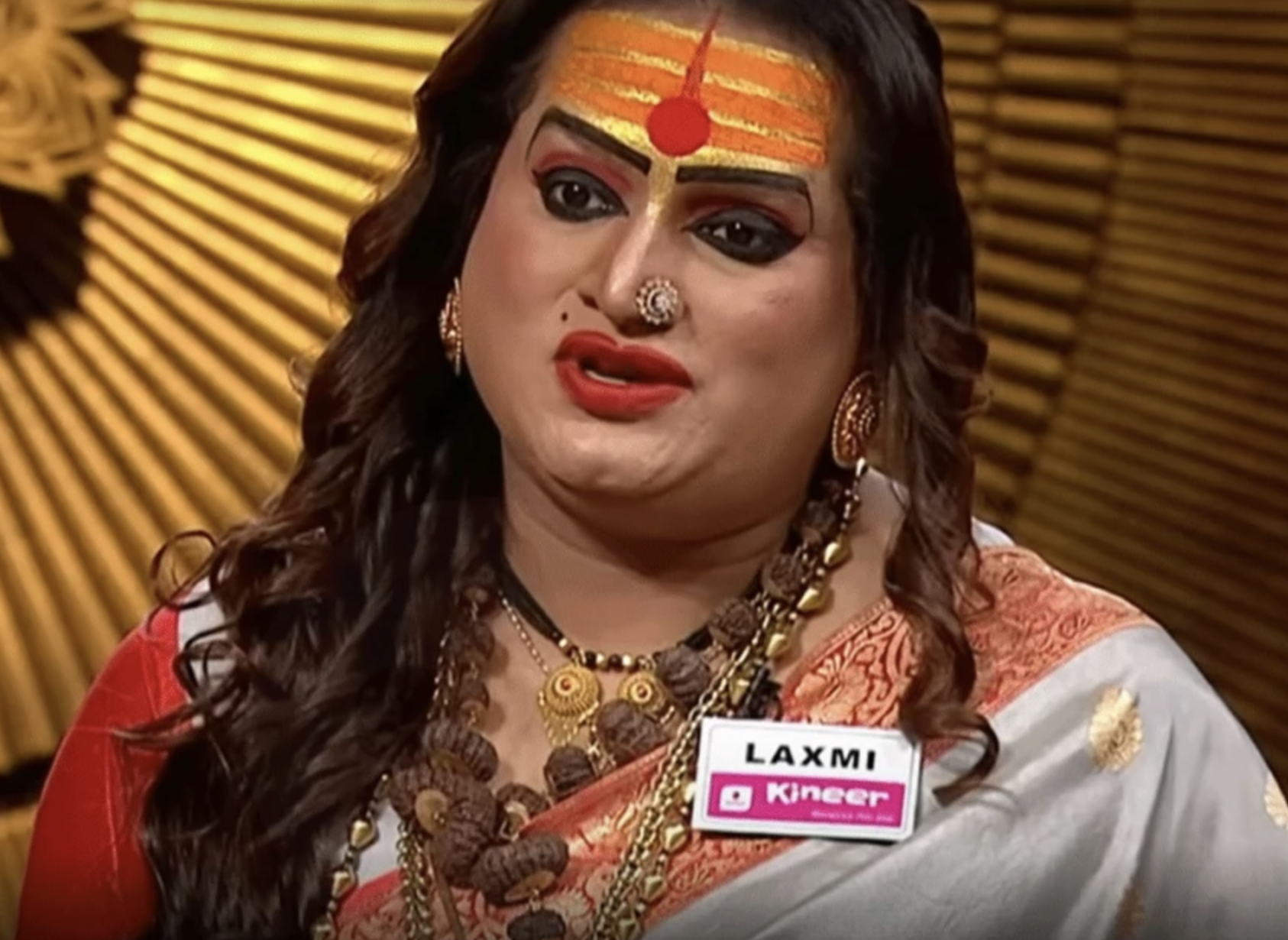
UAB, Children's of Alabama pediatrician details youth transgender… - 1819 News

It is no secret UAB caters to patients in the LGBT community. In fact, the hospital has been recognized as a “Leader in LGBT Healthcare Equality” by the Human Rights Campaign. UAB has a special website dedicated to those in the LGBT community and even has a LGBTQ+ Mental Health & Wellness Clinic.
1819 News decided to take a look at the practices of UAB and Children's of Alabama following a recent report by The Daily Wire’s Matt Walsh regarding Vanderbilt University Medical Center’s youth transgender treatments in Tennessee.
The stated purpose of the LGBT clinic at UAB is to provide safe, supportive and affirming care while raising awareness of the needs of those in that community, according to its website. One of the specialists recommended by the clinic is Children’s of Alabama Associate Professor of Pediatrics, Morissa Jean Ladinsky, MD.
“Our gender health team at UAB is the only one that provides the subspecialty level of care for youth throughout all of the southeast,” said Ladinsky.
So what exactly does UAB and Children’s of Alabama offer? A video of Ladinsky teaching a course for the UAB Department of Pediatrics in 2020 helps explain.
In the video posted to YouTube, Ladinsky spoke for 45 minutes about how providers should care for those in the LGBT community, focusing on children and youth. Her presentation gave insight into the mindset and motivations of doctors who treat children with puberty blockers and hormones. However, Ladinsky assured 1819 News no gender-altering surgeries have been performed at UAB or Children’s of Alabama.
“My only disclosure is that we are not here to discuss politics,” Ladinsky started the presentation. “Those that work with me know it does not take much to flip me over that way, but I am not here to discuss politics at all. I am here to bring us together around the youth that we all care for.”
However, 11 minutes into the video, Ladinsky discussed issues she had with Alabama law, including abstinence being taught in schools as the only method for preventing teen pregnancy. She then went on to describe a bill introduced in the Legislature to change language in a law that states, “Homosexuality is not a lifestyle acceptable to the general public.” She encouraged the crowd to "rally behind" the bill.
A major focus of her presentation was mental health. At one point, Ladinsky advised medical providers not to tell the parents of patients if they "come out" to them since the parents may not react well to the news. She said one in four children in the "deep south" are kicked out of their homes as a result of telling their parents they are gay.
“Let’s keep our youth safe,” Ladinsky said in the video. “Our job isn’t to rush and tell their parents unless they want us to.”
When asked about this by 1819 News, Ladinsky stood behind her comment. She said she makes it a point when teaching pediatricians to tell them young people "own" their coming out journey. She said her duty is to her patient, to protect them from possible abuse or shame. In pediatrics, she said, keeping information between the child and the physician is standard in all situations.
The journey for transgender people can often feel never-ending. It can be a lifelong process that requires ongoing therapies and treatments. Even then, people who have these treatments and surgeries still have the male or female chromosomes with which they were born.
Ladinsky said in the presentation that a child as young as 3 years old may express gender dysphoria, or that they feel they were born the wrong sex.
“By age 3, 4, 5, kids know internally who they are from a gender perspective,” said Ladinsky. “There are a group of children, not a lot of them, but they’re very real. They do get a lot of media time, but what we call the ‘Sistence Kids’ — these 3, 4, 5-year-olds that are insistent, persistent and consistent at every turn — they are a girl when they were assigned boy at birth.”
Ladinsky said humans become aware of who they are sexually attracted to between the ages of 10 and 13.
She described herself as being "gender diverse" when she was as a child.
“Oh my God, I hated girl stuff growing up,” she said. “I hated it. When my little brother decapitated my Barbie dolls, I was happy because the head does not go back on, and then I did not have to play with these bloody things.”
When addressing suicide among LGBT youth, the doctor explained how many of them are at higher risk. In fact, she said transgender youth are four times more likely to commit suicide. She then used high-profile cases where transgender youth took their own lives. Ladinksy said the Trans Youth Program at Children’s of Alabama has treated many patients for different types of mental health issues. She used one child as an example of how medications worked to treat eating disorders.
“We started him on Depo-Provera,” Ladinksy said. “We clearly started him on some Lexapro. He was beyond depressed. But his weight gain never improved, and it wasn’t until we affirmed him in his identity by starting cross-hormonal therapy that his BMI soared straight up back into health and wellness.”
During the presentation, Ladinsky pointed to celebrities such as Miley Cyrus, Caitlyn Jenner and Laverne Cox to explain various categories of LGBT community members and the correct terminology used to describe their particular situations.
When asked by 1819 News, Ladinsky avoided directly answering whether this celebrity factor could influence children to want to identify as transgender. However, she did say there was no way a child could be affirmed as transgender in her clinic if it was only a fad due to the intense long-term care they would receive.
Ladinsky said medical and mental health management of gender dysphoria includes psychologists, pediatricians, endocrinologists and sometimes chaplains and lasts between one to three years before hormones are introduced.
The treatment for children is different from the treatment for adults, Ladinsky explained, likening puberty blockers to clothes shopping. She said it isn’t permanent, and kids can “try it on.”
“It’s a temporary pause button,” Ladinsky said. “At the very start of puberty, it freeze-frames it, and it gives that child and that family time to try on that identity.”
Although the FDA recently issued a warning about the puberty blockers used at UAB and Children’s, Ladinsky said she isn’t concerned.
“The side effects are very different when it’s used at a young age,” said Ladinksy. “Those same medicines are also used for adult indications, prostate cancer, endometriosis, and the same medications when used on adults have very different side effect profiles. They will impact sexual function and fertility, they will impact bone density because those were fully-pubertal adults.”
These drugs are classified as gonadotropin-releasing hormone (GnRH) agonists. According to the Cleveland Clinic, GnRH agonists are also used for chemical castration.
The FDA said the new warning will only apply to the GnRH agonists used in pediatric patients to delay or stop puberty. The warning informs users of the possibility of developing pseudotumor cerebri, which is increased pressure inside the skull. Read more on the warning label here.
Ladinsky said she has treated children as young as 4 years old, but that treatment only included help with the mental aspects and not medication or surgery until puberty.
“When it comes to kids and adolescents, if they’re experiencing dysphoria ... how does that look for them and their families? The path to any treatment is very, very long," she said. "So, children, before puberty, there is absolutely no medication ever used.”
There are other states that will perform transgender surgeries on children, but Ladinsky said neither UAB nor Children’s of Alabama doctors ever make referrals to those institutions.
This year, Alabama passed the Vulnerable Child Compassion and Protection Act, which made it a felony to prescribe puberty blockers or other medications for transgender treatment of children under the age of 19. It also outlaws transgender surgeries for that age group.
U.S. District Judge Liles Burke put a partial block on the law, allowing the ban on surgeries to stay in place but preventing the state from banning medications. The case is currently being appealed to the 11th Circuit Court of Appeals by Alabama Attorney General Steve Marshall.
Finally, 1819 News asked Ladinsky another Matt Walsh-related question: “What is a woman?”
Her answer?
“I would turn it right back to you because I think the answer, what is a woman or what is a man, is different for every single person,” she replied. “I bet you the answer I would come up with is going to be different than you.”
Ladinsky, a graduate of Johns Hopkins School of Medicine, was awarded the senior faculty 2022 Dean’s Excellence Award for Diversity Enhancement.
To connect with the author of this story, or to comment, email [email protected].
Don’t miss out! Subscribe to our newsletter and get our top stories every weekday morning.






























